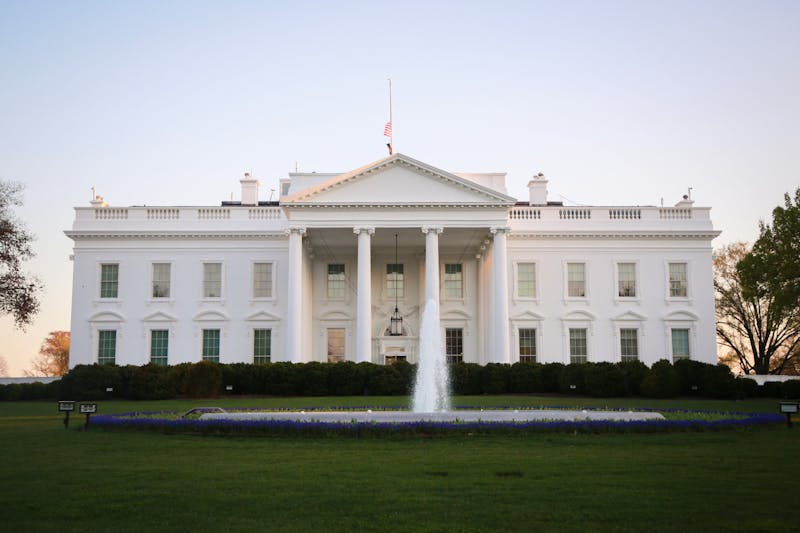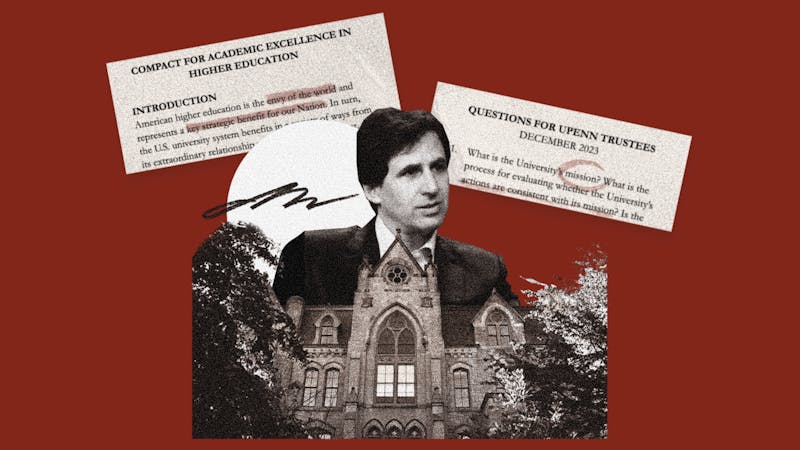
In the series Foundation by Isaac Asimov, the character Salvor Hardin declares, "Never let your sense of morals get in the way of doing what's right." Although Hardin was discussing the Galactic Empire, his advice is equally applicable to the admissions committees at many business schools. In the past two weeks, business schools at Harvard, MIT, Duke, Carnegie Mellon, Stanford and Dartmouth have become the focus of a controversy in which their so-called "sense of morality" has overwhelmed their ability to actually do the right thing.
The controversy centers on more than 150 applicants who gained improper access to admissions Web sites run by the ApplyYourself software company. On March 2, a poster called "Brookbond" posted instructions explaining how to access schools' admissions decisions nearly a month early. According to Brookbond, some schools had already posted decision pages online but merely had not linked them to the main admissions Web pages. If applicants located their ID numbers online, they could copy and paste them into a Web address that would allow them to view the unlinked decision pages. (Although the original post was deleted, it remains available online).
BusinessWeek.com is a popular forum, and applicants accessed more than 200 decision pages within nine hours. Reaction was swift. Harvard, MIT, Duke and Carnegie Mellon rejected all those involved, while Stanford and Dartmouth decided to review each case individually. Harvard characterized the applicants' actions as "hacking" and claimed that their unethical behavior made them unsuitable for business leadership. The business schools argued that a strong response was particularly necessary in light of public concern about corporate scandals.
Amid these grandiose statements, there is a key central question: Did the applicants do anything wrong?
Some analysts, including Richard Schmalensee, the dean of MIT's Sloan School of Management, have likened the incident to breaking into the admissions office after hours to access one's application decision, according to The Washington Post. Since breaking into offices is clearly wrong, the comparison makes the applicants' actions look completely unethical.
On the other hand, others have claimed the incident is more similar to, say, admissions letters being left on a table in a hallway where people are walking by. In this comparison, the applicants' actions seem entirely innocent.
Although business schools like Harvard and Sloan have claimed that the applicants' actions represent the first scenario, I disagree. I think they fall somewhere between these two extremes.
The situation was not like breaking into an admissions office. The applicants' actions, although troubling, did not violate anyone's privacy, did not harm anyone and did not change the results of the admissions process. The individuals accessed only their own decisions. The situation grew out of impatience in an anxiety-ridden admissions process, not the desire for personal gain.
Ultimately, the applicants seem to have committed some minor form of trespassing: They crossed the boundary of what business schools wanted them to see. Trespassing in cyberspace is particularly ambiguous because it is unclear where the boundaries lie. In essence, the applicants' actions were unethical, but only mildly so.
Reflexively rejecting such applicants is a punishment that far outweighs the crime. Although blanket rejections may be a good way for schools to avoid any appearance of condoning immoral activity, this institutional concern is motivated by self-interest and public relations, not ethics, notes Wharton Legal Studies lecturer Waheed Hussain. Moreover, there is something ethically troubling about schools that trumpet the moral high ground at the expense of 150 applicants' futures.
Universities such as Stanford and Dartmouth, which requested a letter of explanation from each applicant, have found a better, more nuanced solution. According to the Pittsburgh Post-Gazette, Dartmouth recently announced that it might admit some of the accused applicants. Although being involved in the application trespass would count negatively in the application process, it would be only one factor among many. Students who were admitted would receive counseling and a mark on their files.
Ultimately, business schools that issue blanket rejections are viewing the world in polarized, excessively simplistic moral terms. They label the applicants as degenerate, and then condemn the degeneracy in the belief that this equals moral rectitude. In reality, a sincere understanding of ethics realizes that most cases come in shades of gray and require a nuanced response. Such a response is not as good for moral grandstanding, but it is much more ethical.
Jennifer Weiss is a senior Linguistics and Theatre Arts major from Los Angeles. War On Error appears on Wednesdays.
The Daily Pennsylvanian is an independent, student-run newspaper. Please consider making a donation to support the coverage that shapes the University. Your generosity ensures a future of strong journalism at Penn.
DonatePlease note All comments are eligible for publication in The Daily Pennsylvanian.







